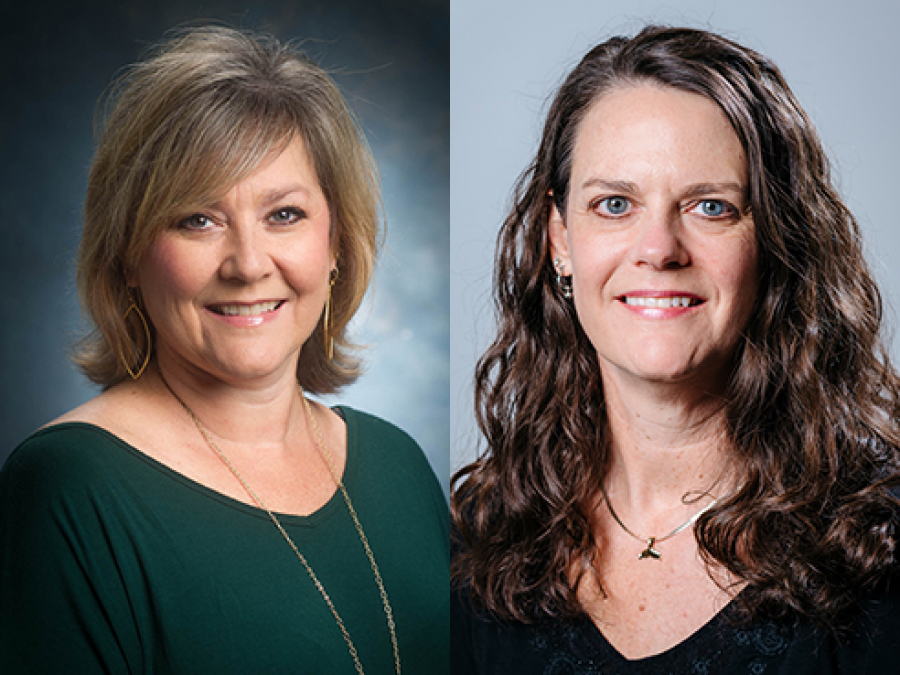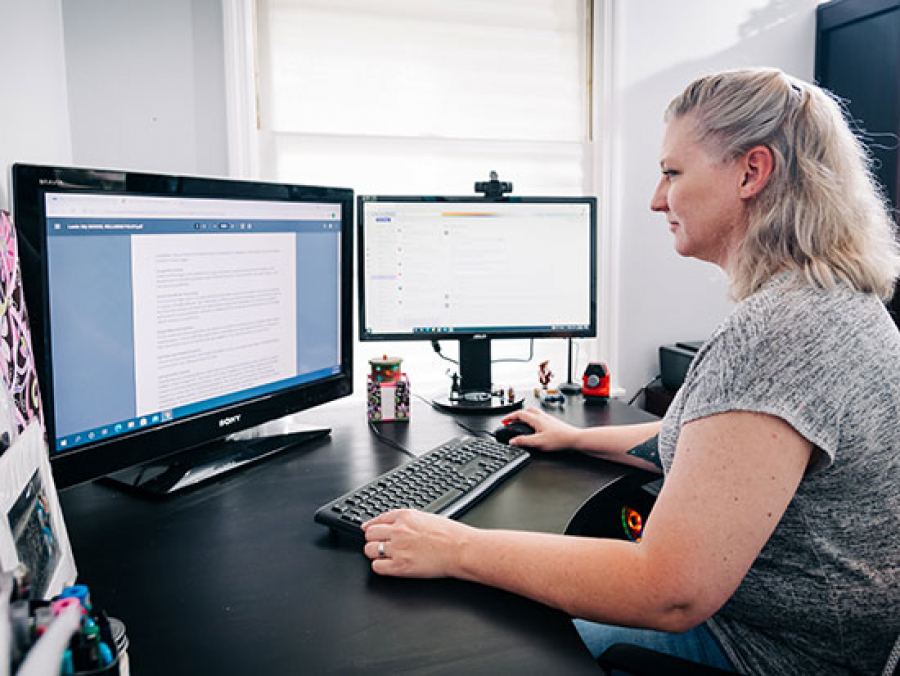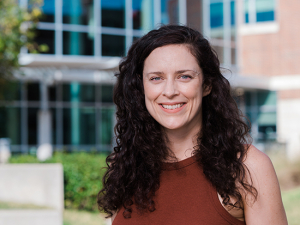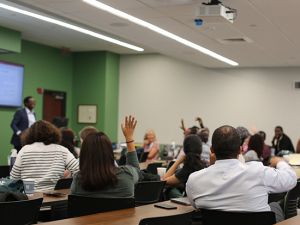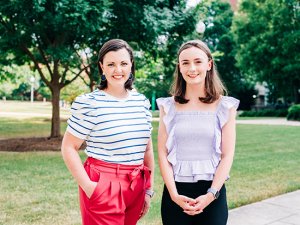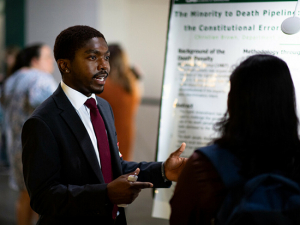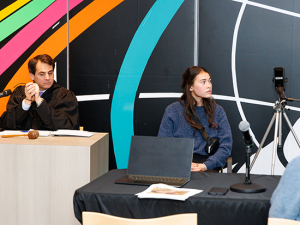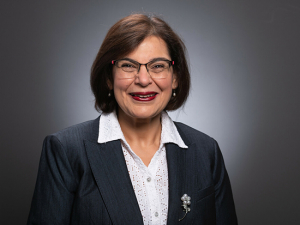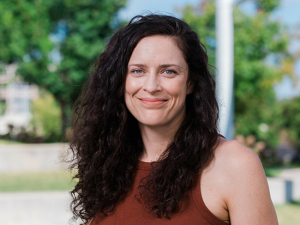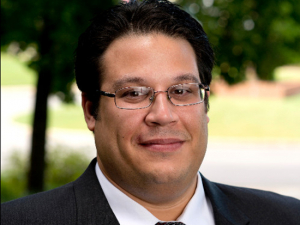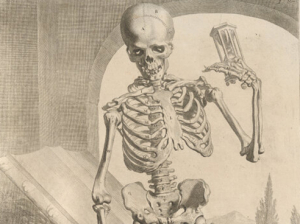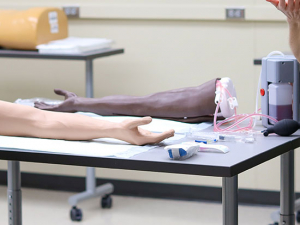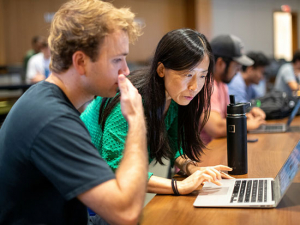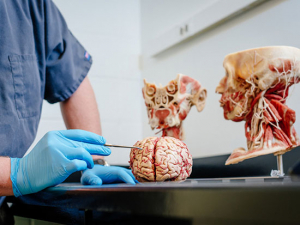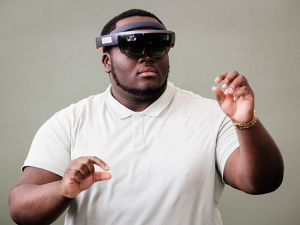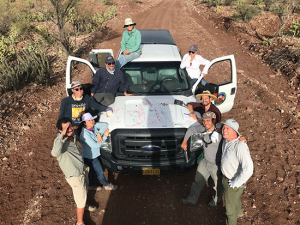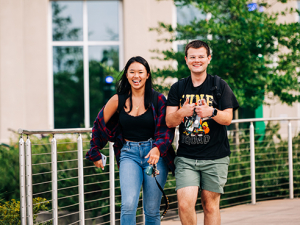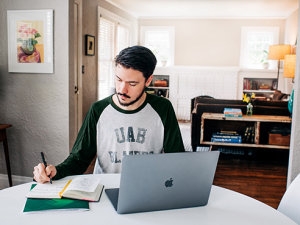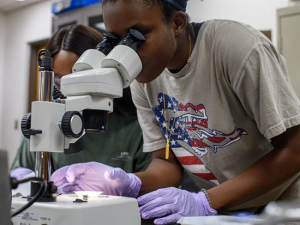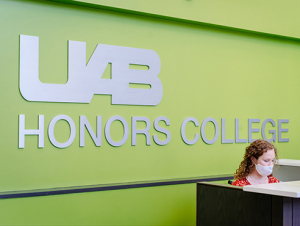The morning is young, and the air is sticky. It is downtown Birmingham in July, after all.
But for 22 local police officers, sweat is pouring at the thought of the task ahead before their wheels even start to roll — a steep climb on their bicycles up 20th Street to the top of Red Mountain.
“Are you ready?” UAB Sgt. Bryan Fields rhetorically asks his riders. “Let’s go.”
If you thought bicycle police officers have it easy, this exercise, which consists of a 15-mile ride plus a climb up Green Springs Highway, will change your mind quickly.
It’s a standard route that Fields takes when he holds these Law Enforcement Bicycle Association (LEBA) courses several times a year. LEBA provides training and certification for police bicycle-patrol officers, and Fields, a 24-year UAB Police veteran, is a master LEBA instructor.
“We offer this program to any agency that has officers who want to receive training,” Fields says. “We teach many things during the course of a week. We examine nutrition, fitness, police tactics specific to bicyclists, rules of the road — just about everything you can think of with a mountain bike.”
Four local agencies — UAB, Birmingham, Hoover and Hueytown — recently participated in UAB’s LEBA Training Program for four days. The group started with 23 trainees who rode at least 20 miles per day and performed various agility and training exercises.
“This is very demanding physically,” Fields says. “Many of the officers say it’s the hardest thing they’ve been through since the academy.”
Off-campus training
Many Birmingham-area officers who use bicycles as part of their regular patrols are required to become LEBA-certified. For example, the officers who patrol at Regions and Railroad parks were trained and certified here.
UAB Police first began bicycle patrols in 1989, and Fields was one of the first campus officers to receive LEBA training and certification.
Fields later started his own LEBA training course and has developed it through the years. He has trained with police departments in Philadelphia, West Palm Beach, Fla., and Akin, S.C.
“I’ve been fortunate because I’ve been able to get a lot of perspective, ideas and experience,” Fields says. “We started our own national certification here, and we travel all over the Southeast to other agencies that wish to host the course, too. We’ve trained and certified officers in Mississippi, Georgia and the Florida panhandle. We offer the course here or whenever it is in demand.”
More than a climb
Although climbing Red Mountain might seem the most daunting part of the training, the toughest challenge is on the firearms course where officers face obstacles and scenarios that require them to fire their weapon at a target.
“Everything we cover during the week is tested on the firearms course,” Fields says. “They will use everything they’ve learned. Our goal is to get their heart rate up. They need to see how they can control a weapon after strenuous exercise and how accurate they are with it.”
Fields says bicycle officers have advantages that officers on four-wheeled patrol don’t always enjoy. Chief among them, he says, is that they are readily available to the public at all times.
“You can see, hear and smell more when you’re patrolling on a mountain bike,” Fields says. “You have stealth. At UAB, we also can respond faster in many cases because of traffic congestion. And I’ve had a lot of praise from the public that they feel more at ease when we’re riding among them.”
UAB Police has 15 bicycle officers. Two will be traveling to Orlando in November for a six-day instructor course. If they pass, they will join Fields as LEBA instructors on campus.
“When you enroll in the LEBA training, you receive the best and safest training available from the finest instructors in the country,” Fields says.
Visit the UAB Police Department website for more information on LEBA Bike Training Programs.

